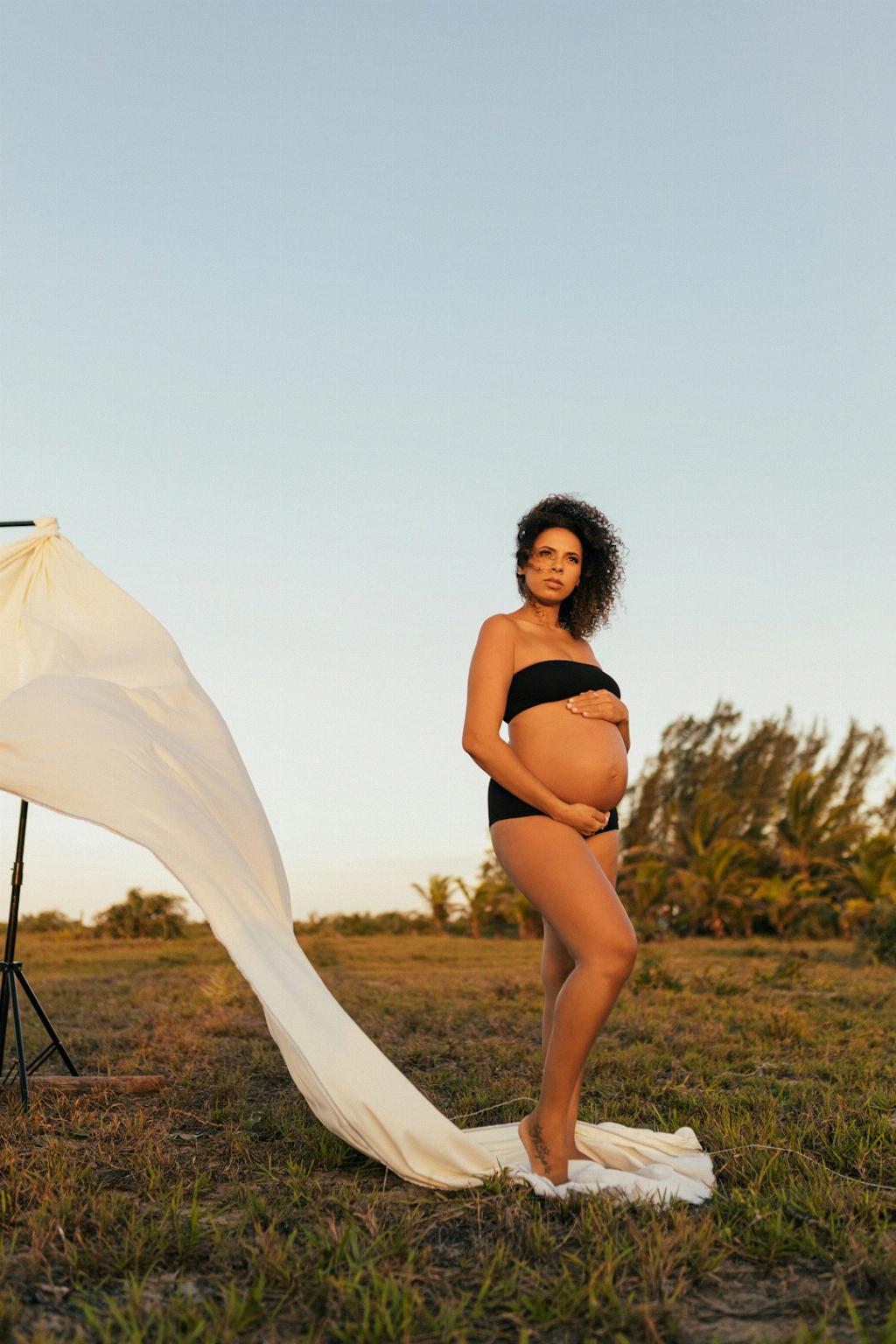Many expectant mothers experience cravings during pregnancy, often for unique and sometimes unusual foods. It’s a common phenomenon that varies from woman to woman, and it’s essential to examine the impact of ignoring these cravings on both the mother and the developing baby.
When looking at the potential consequences of ignoring pregnancy cravings, several factors come into play. If a pregnant woman is already following a well-balanced diet that provides the necessary nutrients and is consuming the appropriate amount of calories to support her and her baby’s growth, ignoring occasional cravings may not pose significant risks.
However, studies have indicated that consistently giving in to cravings, particularly those for unhealthy or high-calorie foods like fast foods and sweets, could contribute to excessive weight gain during pregnancy. Excess weight gain can potentially lead to complications such as gestational diabetes, high blood pressure, and an increased risk of needing a cesarean delivery.
It is crucial to strike a balance between satisfying cravings in moderation and ensuring that the overall diet remains nutritious and supports the needs of both the mother and the developing baby. Ignoring cravings entirely may lead to feelings of deprivation, which could affect overall well-being during pregnancy.
Furthermore, some cravings could be the body’s way of signaling a specific nutrient deficiency. For instance, a craving for red meat might indicate a need for more iron, essential for preventing conditions like anemia. Ignoring such cravings without addressing the underlying nutritional needs could potentially impact the health of both the mother and the baby.
When considering whether to ignore pregnancy cravings, it’s essential to listen to your body and examine the type of foods you are craving. Cravings for fresh fruits, vegetables, or other whole foods can often be a signal that the body is in need of specific nutrients that these foods provide.
While giving in to cravings occasionally can be a way of satisfying your taste buds and providing comfort, it’s essential to make mindful choices and opt for healthier alternatives whenever possible. For example, choosing a piece of fruit or a smoothie instead of a sugary treat can help satisfy cravings while still supporting overall health.
At the same time, it’s crucial not to feel guilty for indulging in the occasional treat or craving. Pregnancy is a unique time when cravings are common, and allowing yourself some leeway in enjoying the foods you desire in moderation can contribute to a positive mindset and overall well-being.
Additionally, seeking support from healthcare providers, such as a doctor or a nutritionist, can offer guidance on managing cravings while ensuring that both the mother and the baby receive the necessary nutrients for a healthy pregnancy. These professionals can provide personalized recommendations based on individual needs and cravings.
Ultimately, the decision of whether to ignore pregnancy cravings depends on various factors, including the type of foods being craved, overall dietary habits, and individual health considerations. Finding a balance between satisfying cravings in moderation and maintaining a nutritious diet can help support a healthy pregnancy and overall well-being for both the mother and the baby.
Listen to your body, make mindful choices, seek guidance when needed, and remember that enjoying occasional treats while focusing on overall nutrition can contribute to a positive and fulfilling pregnancy experience.

